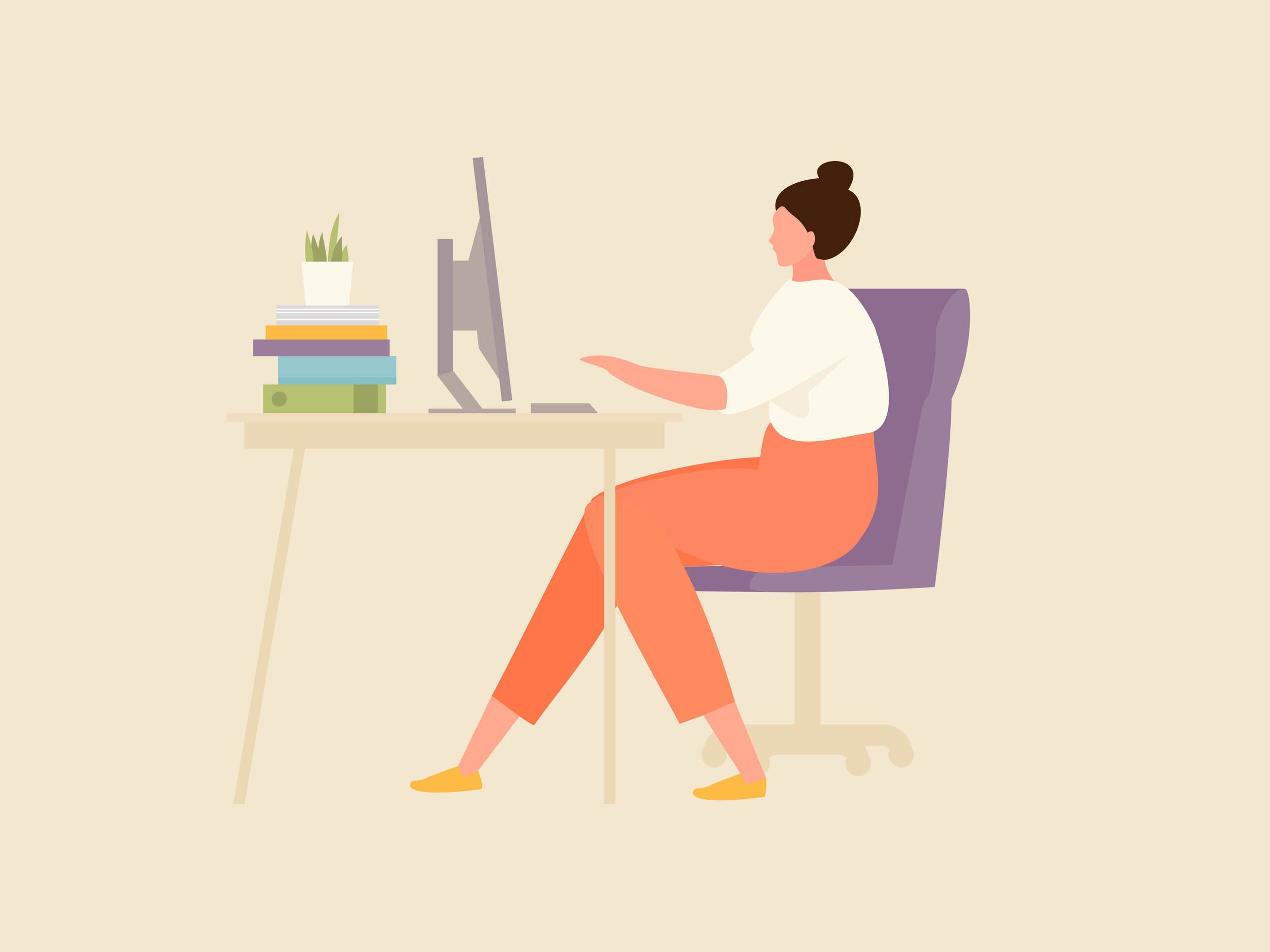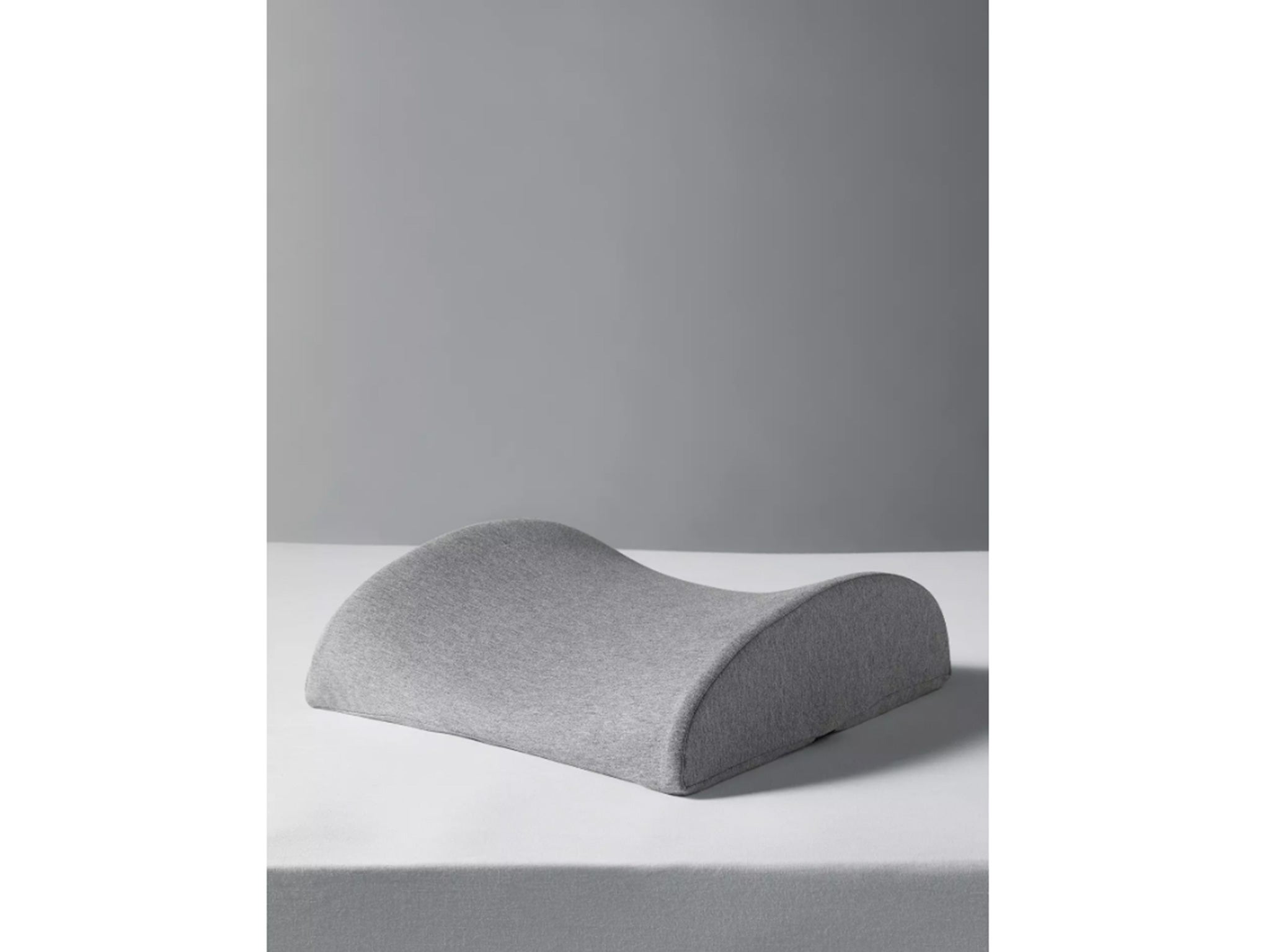This £20 John Lewis seat cushion fixed my WFH back pain
Gamechangers: If an ergonomic chair isn’t in your budget, this memory foam pillow is the next best thing

Your support helps us to tell the story
From reproductive rights to climate change to Big Tech, The Independent is on the ground when the story is developing. Whether it's investigating the financials of Elon Musk's pro-Trump PAC or producing our latest documentary, 'The A Word', which shines a light on the American women fighting for reproductive rights, we know how important it is to parse out the facts from the messaging.
At such a critical moment in US history, we need reporters on the ground. Your donation allows us to keep sending journalists to speak to both sides of the story.
The Independent is trusted by Americans across the entire political spectrum. And unlike many other quality news outlets, we choose not to lock Americans out of our reporting and analysis with paywalls. We believe quality journalism should be available to everyone, paid for by those who can afford it.
Your support makes all the difference.As an office worker who spends the majority of my time hunched over a screen, my posture has never been exemplary. But working at home has made the undesirable slouching of my spine even more pronounced – and worse, I developed back pain for the first time in my adult life.
I’m not alone – a survey of 2,000 adults published in October 2020 shows that 36 per cent of adults experienced increased pain during lockdown, with back pain cited as the most common complaint. A quarter of those polled cited their home working set-up as the cause, and this was certainly part of the problem for me.
My compact one-bedroom flat has no space for a proper desk, so my kitchen table became my office, and an £11 wooden Ikea folding chair my seat for at least eight hours of the day. Teamed with a sharp increase in evenings spent on the cheap landlord-provided sofa and the disappearance of the gym from my usual daily routine, tightness quickly set in across my lower back, and refused to ease with any of the usual remedies your average Google search offers up.
Read more: How to avoid back pain while working from home
As a bonafide lockdown cliche, I was already well into my fifth cycle of Yoga With Adriene’s 30 Day series, but the stretches started causing twinges rather than relief. I invested in a riser for my laptop (this one, from Amazon), which gave my sloping shoulders some temporary relief, but the discomfort in my coccyx stubbornly stayed present.
Realistically, I knew that a proper ergonomic chair was the only real long-term answer, but with limited space and budget, I dropped £20 on an ergonomic back pillow from John Lewis & Partners (which was still offering click and collect at the time) as a last-ditch attempt before spending the big bucks. And lo and behold, it worked; here’s what you need to know.
You can trust our independent reviews. We may earn commission from some of the retailers, but we never allow this to influence selections, which are formed from real-world testing and expert advice. This revenue helps to fund journalism across The Independent.
The gamechanger: John Lewis & Partners specialist synthetic lumbar support pillow: £20, Johnlewis.com

The John Lewis & Partners specialist synthetic lumbar support pillow, to give it its official title, is a small, supportive memory foam pillow designed to fit the curve of your lower back. It comes with a removable, washable grey jersey cover and an adjustable strap that allows you to fix it to the back of most shapes and sizes of chair (even the flimsy folding number I’d been resting my weary bones on for the last six months). It’s not high-tech or flashy, but it doesn’t need to be – it provides just the right balance of firmness and comfort, propping me up at an angle a normal throw cushion can’t quite seem to offer, no matter how many different ways I attempt to squash it down.
The pillow does lose its shape slightly with prolonged use, but this seems to be more adjustment to my body shape, rather than a detriment to the quality. I noticed an instant impact from day one, but it’s also had a progressive effect, and the more regularly I use it, the less fussy my back seems to be.
Other reviewers agree that it “makes sitting for a prolonged time much more tolerable” – “it's helped my posture so much and removed stress on my back” says one. In fact, the cushion currently has an average of 4.8 out of 5 stars on the John Lewis & Partners website, with customers celebrating the fact that they’ve used it successfully at their desk, on the couch and even in the car.
If your frame is bigger than mine (5”6, size 16, essentially an average build plus biscuits) you might find that the cushion is a little too small for you, but for the vast majority, it makes a nifty – and much more affordable – alternative to forking out on actual furniture.
While I can’t give them my personal endorsement, the £20 John Lewis & Partners specialist synthetic neck support pillow and £50 John Lewis & Partners specialist synthetic reading support pillow from the same collection are also both highly praised by shoppers, suggesting that the retailer has brought many of us comfort outside of the realm of mindful jigsaw puzzles and cosseting bath products in recent months – quite literally having our backs throughout this time of crisis.
If you’ve got a little more space for your home working set-up, check out our round-up of the best standing desks


